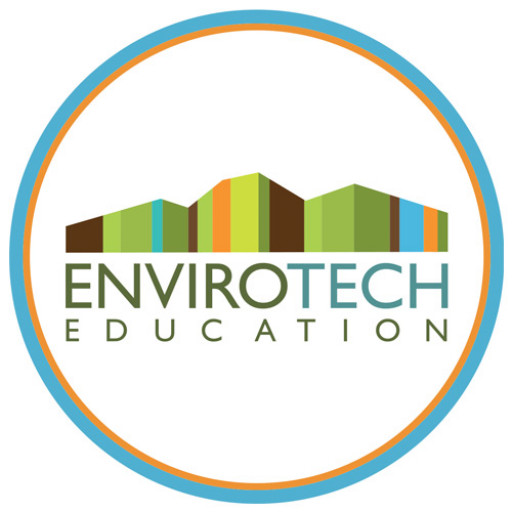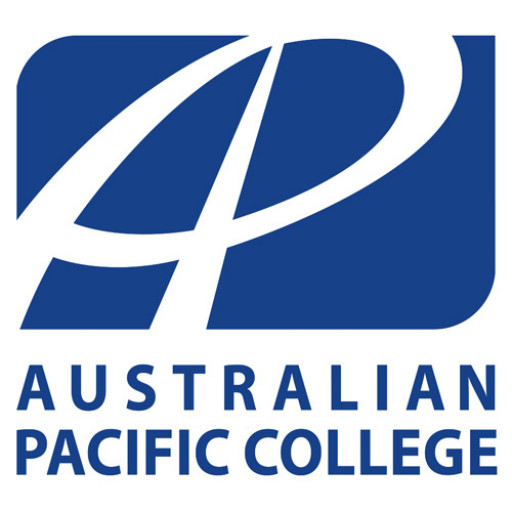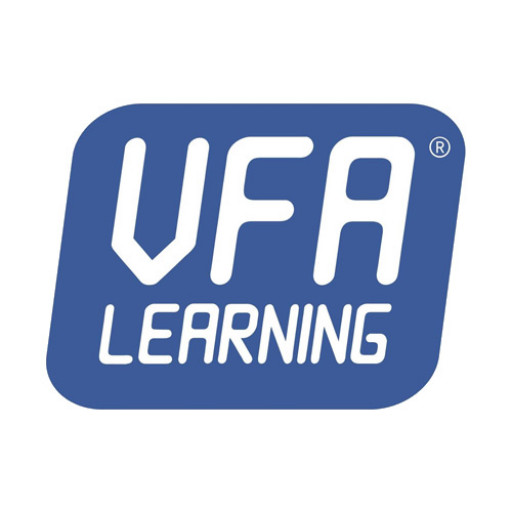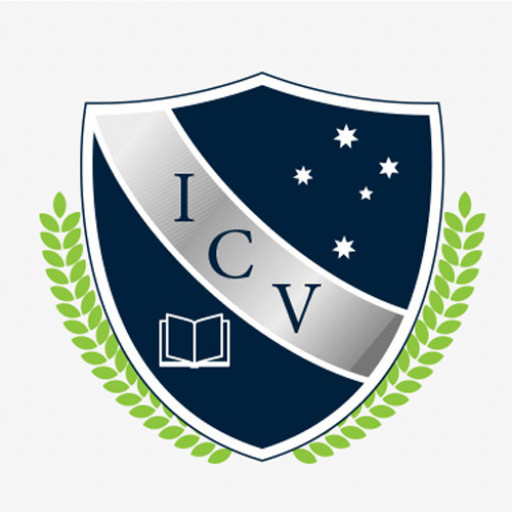Early Childhood Education and Care at Swinburne University provides students with comprehensive training and practical skills necessary to develop, implement, and evaluate educational programs for young children from birth to around eight years old. The program is designed to prepare graduates for diverse roles within early childhood education settings, including kindergartens, childcare centers, and community programs. Students will explore a range of topics including child development theories, curriculum design, inclusive practices, and safety and wellbeing in early childhood environments. The curriculum emphasizes both theoretical knowledge and hands-on practical experience, enabling students to confidently work with diverse groups of children and families.
Throughout the course, students will engage with contemporary issues in early childhood education, such as promoting inclusive learning environments, fostering social and emotional development, and integrating technology into learning. The program also covers relevant legislation, standards, and ethical considerations crucial to working within the early childhood sector. Practical placements are an integral part of the degree, providing real-world experience and opportunities to apply learned concepts under supervision. By the end of the program, graduates will have the skills and qualifications to work as early childhood educators, with the competence to support children's learning and development effectively.
Swinburne’s Early Childhood Education and Care program is aligned with industry standards and aims to produce highly skilled and reflective practitioners who are prepared to make a positive impact on children’s early learning experiences. The course prepares students not only for employment in early childhood education but also encourages lifelong learning and professional development. With a commitment to diversity, inclusion, and community engagement, the program ensures that graduates are equipped to contribute meaningfully to their communities and promote the rights and wellbeing of young children and their families.
Program Overview
The Bachelor of Early Childhood Education and Care at Swinburne University prepares students to become skilled and passionate educators for young children in diverse educational settings. This comprehensive degree program is designed to equip students with the knowledge, practical skills, and professional attributes necessary to foster the holistic development of children from birth to age five. Throughout the course, students will explore a range of topics including child development, curriculum planning, inclusive education, health and safety, and family engagement. The program emphasizes a strong foundation in educational theory combined with hands-on experience through placements in early childhood education settings.
Students will learn to create stimulating, nurturing, and inclusive learning environments that support the physical, emotional, social, and cognitive development of young children. They will be introduced to contemporary pedagogical approaches, digital literacy, and the importance of cultural competence in early childhood education. The program also prioritizes the development of communication and teamwork skills, ensuring graduates are well-prepared to collaborate with families, communities, and healthcare professionals. Integrated coursework includes ethics, policy understanding, and research methods relevant to early childhood education sectors.
Practical training is a core component of the degree, providing students with opportunities to apply their learning in real-world environments under supervision. These placements are strategically embedded throughout the course to enhance experiential learning and professional confidence. Graduates will be qualified to work as early childhood educators in long-day care centers, preschools, and community-based childcare services. The program aligns with national standards and prepares students for registration as early childhood teachers.
With a focus on innovation and inclusive education, this degree aims to develop reflective practitioners who are capable of adapting to changing community needs and educational paradigms. Students will graduate with a comprehensive understanding of child-centered approaches and the skills to positively influence the early education sector. Swinburne’s Bachelor of Early Childhood Education and Care is an excellent pathway for individuals passionate about making a meaningful difference in young children’s lives.
Completion of the Swinburne University of Technology's Bachelor of Education (Early Childhood Education and Care) program requires students to fulfill a series of academic and practical requirements designed to prepare graduates for professional work in early childhood settings. The program typically spans three years of full-time study, though part-time options may also be available. Students must successfully complete a specified number of core units, which include theoretical frameworks of early childhood development, curriculum design for young children, inclusive education practices, and professional ethics. In addition to coursework, students are required to undertake a substantial period of supervised placement in approved early childhood education settings. These placements are essential for gaining practical skills, applying pedagogical theories, and understanding regulatory and safety standards within Australian early childhood services. Academic progress is monitored through continuous assessment, including assignments, presentations, and examinations. To graduate, students must achieve a minimum grade point average as stipulated by the university and demonstrate the ability to demonstrate reflective practice, critical thinking, and effective communication skills. The program also emphasizes the importance of cultural competence and inclusion, requiring students to engage with diverse communities and incorporate inclusive practices into their teaching. Completion of the program qualifies graduates for registration with the Australian Children's Education and Care Quality Authority (ACECQA), enabling them to work as qualified early childhood educators across various settings such as preschools, long day care centers, and family day care services. Students are encouraged to participate in extracurricular activities and professional development opportunities provided by the university to enhance their employment prospects and stay current with industry standards and innovative pedagogical approaches. The program's curriculum aligns with national early childhood education frameworks and standards to ensure graduates meet the competencies required for effective practice and positive developmental outcomes for children.
The Bachelor of Early Childhood Education and Care program at Swinburne University of Technology offers a range of financing options to support students throughout their studies. Tuition fees are structured according to the Australian Government’s subsidized higher education scheme (FEE-HELP), which allows eligible domestic students to defer payment of their tuition fees until they are employed and earning a sufficient income. This scheme significantly reduces the immediate financial burden on students, making higher education more accessible. International students are required to pay full upfront tuition fees, which vary depending on the specific course and duration; detailed fee information can be found on the university's official website.
Apart from government loans, students have access to scholarships and bursaries provided by Swinburne University, aimed at supporting students with financial hardship, academic excellence, or specific backgrounds. These scholarships can cover partial or full tuition fees and sometimes include allowances for accommodation, textbooks, or study materials. Students are encouraged to regularly check the university’s scholarship portal for updates and deadlines.
In addition to government and university financial aid options, students often explore private funding sources, such as bank loans or community grants, to supplement their income during studies. The university provides comprehensive financial advice and planning services to help students understand the costs involved and develop strategies to manage their finances effectively.
Moreover, part-time work opportunities are available both on and off-campus, allowing students to earn income to support their studies while gaining practical experience relevant to their degree. Swinburne also participates in various work-integrated learning initiatives, which can lead to paid internships or placements that help offset education costs.
Overall, the program’s financing options are designed to make early childhood education accessible and affordable, with a strong emphasis on government support, scholarships, and work opportunities. Students are advised to explore all available options early in their academic planning process to ensure they can cover tuition, living expenses, and other costs associated with their studies at Swinburne University of Technology.
The Bachelor of Early Childhood Education and Care at Swinburne University of Technology is designed to prepare students for a career in early childhood education, focusing on the development, learning, and care of young children from birth to five years old. The program emphasizes both theoretical knowledge and practical skills, ensuring graduates are well-equipped to work in a variety of early childhood settings, including preschools, childcare centres, and family daycare services. Students gain a comprehensive understanding of child development, learning frameworks, and pedagogical strategies that support children's social, emotional, cognitive, and physical development. The curriculum also covers important topics such as inclusive education, cultural competence, health and safety standards, and communication with families.
Throughout the course, students undertake supervised placements in real-world settings, enabling them to apply their learning in practical situations and develop professional skills. Swinburne's strong industry connections allow for diverse placement opportunities, fostering confidence and hands-on experience. The program adopts a contemporary approach aligned with national early childhood education standards and policies, preparing graduates for registration with relevant teaching and care authorities.
Students are introduced to innovative teaching methods and technologies, enhancing their ability to create engaging, inclusive, and effective learning environments for children. The program also offers pathways for further study, including postgraduate degrees in education or specialized areas within early childhood. By completing this qualification, graduates are empowered to make meaningful contributions to the early years sector and promote positive developmental outcomes for children. Swinburne's supportive learning environment, combined with experienced academic staff, ensures students receive a high-quality education that meets the current and future needs of children and families in diverse communities.









